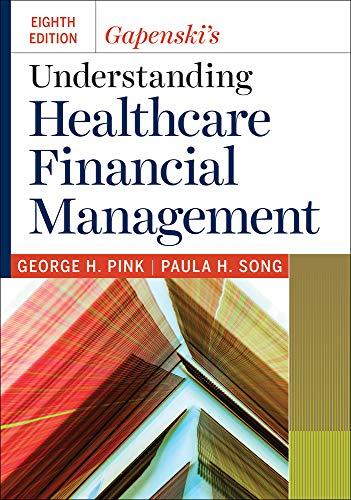Answered step by step
Verified Expert Solution
Question
1 Approved Answer
1 3 APRIL 2 0 2 3 - 0 5 : 0 0 The problem is that if you are a senior executive at a
APRIL :
The problem is that if you are a senior executive at a public company, you are constantly learning things that could be
material to its stock price. If you are a top executive, everything that you do is material to the business if it wasnt material
to the business, someone else would do it This quote is from a Bloomberg opinion piece by Matt Levine published on
March It sets out a number of legal and less legal and ethical ways to structure the activity of executives trading in their
own companys shares.
Levine didnt come out against insiders transacting as long as they do so ethically and in accordance with the rules. But a
vocal proportion of investors seem to think that all share trading by company executives is insider trading and should be
prohibited. Later in the month, significant events hit investors hard. In the US Silicon Valley Bank SVB failed, leading to a
few other bank failures. More than $bn was wiped off market value in the sector.
In South Africa, a market darling among the gogo crowd Transaction Capital TCP came out with a profit warning. As
a result, the share accelerated its decline and has lost more than of its value in the past year. Apart from significant
losses to shareholders, what did these events have in common? Management told shareholders bad news was coming and
warned them to adjust their exposure appropriately.
If you studied the financials of SVB and TCP you would find no sign of trouble. Instead, the signs were contained in
announcements about significant sales of shares by management. The interesting aspect of managements chosen
communication channel was that it wasnt their financial reporting. If you studied the financials of SVB and TCP you would
find no sign of trouble. Instead, the signs were contained in announcements about significant sales of shares by
management.
In the case of SVB executives and directors had cashed out stock worth $m over the past two years, and in early
February the CEO and CFO sold shares. All these transactions were announced publicly. Over at TCP the CEO sold
shares worth Rm in December. This was also officially announced, albeit on December by which time most investors
were slapping on the sunblock at their favorite beach, not watching JSE announcements.
Some investors appear upset that management got away with selling such big chunks of shares. They seem to believe
executives should go down with the ship like heroic captains and shouldnt be allowed to trade in the shares of their
companies at all. Investors scour financial reports for any sign of a change of fortune, believing it will help them to forecast
businesses prospects. The bad news is that analysing these reports for signs of future distress or prosperity is a waste of
time financial accounts report what has already happened. Yes, understanding the accounts can lead to a good feel for the
business, and it can help to explain the economics driving value creation. But the accounts are useless when it comes to
the here and now, the immediate competitive dynamics a business is experiencing. Trying to divine these from the accounts
is like trying to drive home using only the rearview mirror. More useful is the information conveyed through share trades by
management.
Those who agitate for a change in the rules to block executives from transacting in the stock of their companies are
effectively seeking to close down an important source of information for investors. And its a source that is more timely and
more accurate than quarterly or semiannual financial reports. I am strongly in favour of allowing executives to transact. It
leads to more efficient price discovery, which after all is the purpose of the market. In fact, if it is true that senior executives
are at all times in possession of insider knowledge, I would go so far as to say let them trade at all times. Why even have a
closed period? As long as the trades are disclosed properly and timeously I would probably want to tighten up on these
measures I say its all good. If you were left holding the bag in Silicon Valley Bank or in Transaction Capital, you simply
werent listening to management. As they say in the classics:Dont do what I say, do what I do
Question Marks
Examine the following case study and identify at least one dilemma that emerges.
Question
Use the utilitarian ethical theory perspective to analyse the consequences of the decisions taken by the two organisations on three
different stakeholders.
Understanding of the utilitarian theory Marks
Correct Application of the theory to three different stakeholders Marks
Step by Step Solution
There are 3 Steps involved in it
Step: 1

Get Instant Access to Expert-Tailored Solutions
See step-by-step solutions with expert insights and AI powered tools for academic success
Step: 2

Step: 3

Ace Your Homework with AI
Get the answers you need in no time with our AI-driven, step-by-step assistance
Get Started


